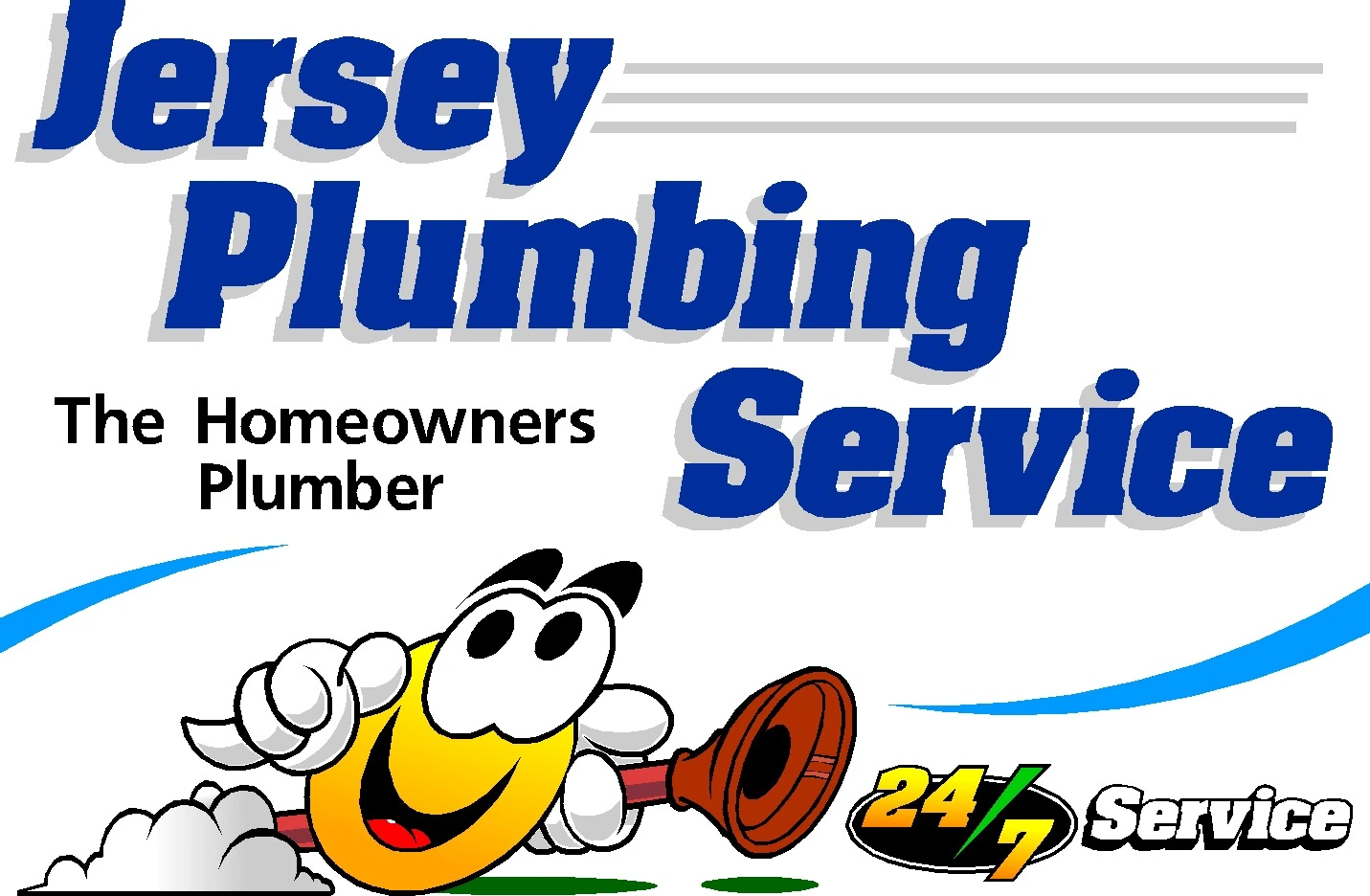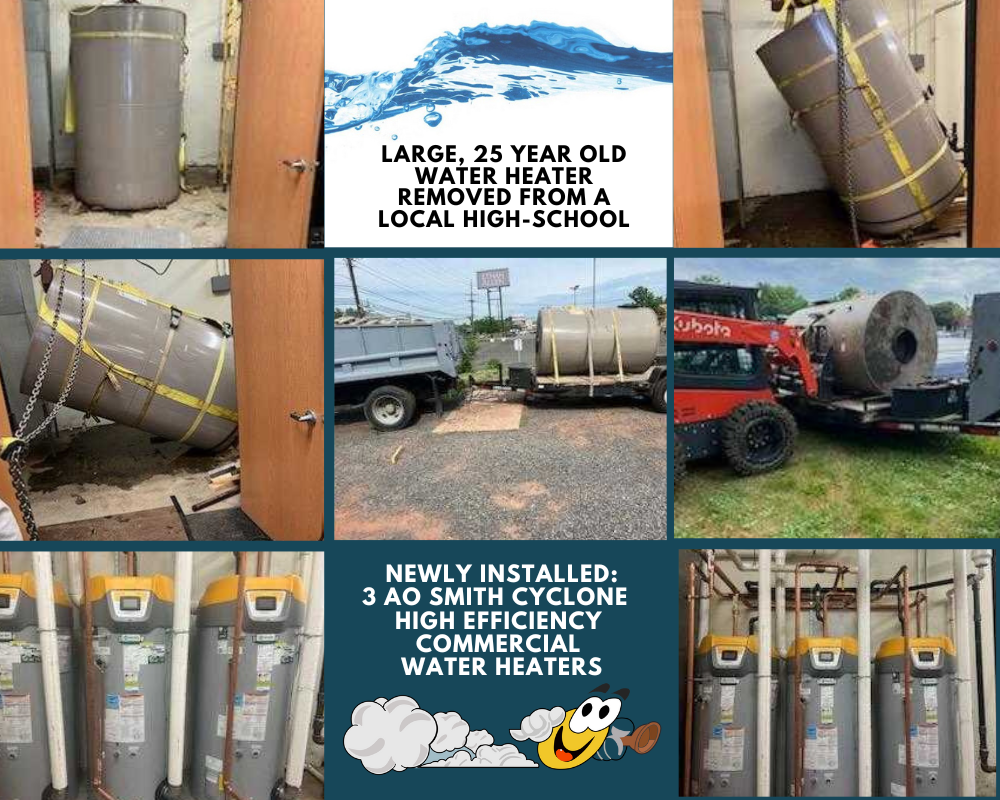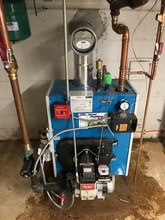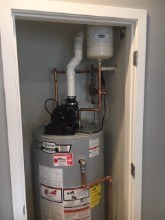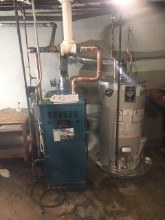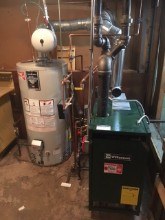Water Heaters Installations & Repairs
Maintenance & Repairs
Keep your Water Heaters and Boilers in Good Repair with Consistent Maintenance from Jersey Plumbing Service. When your Water Heater or Boiler Fails, Our Team is Ready 24 Hours a Day to Get Your Family back to Comfort.
We're Just a Phone Call Away!
908-281-7101

Replacements & Installations
With Decades of Experience in Plumbing Technology, We Have the Expert Advice You Need to Select the Perfect Product for Your Home or Business. We recommend the Best Brands, with the Most Reliable Equipment for low Energy Consumption and Great Results.
24 Hour Emergency Services
Jersey Plumbing Service is dedicated to your comfort and daily necessities. Our experienced technicians continue to train and educate themselves on the best and newest technologies in home heating. Our goal is to optimize your comfort - and your energy consumption. Our service includes repairs and replacements of all steam and hot water heating systems for your home or business.
Proudly Serving the Following Regions:
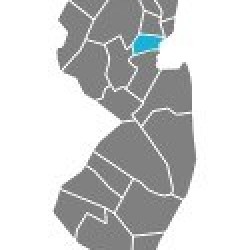
Union County
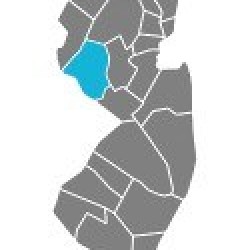
Hunterdon County
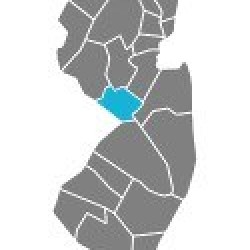
Mercer County
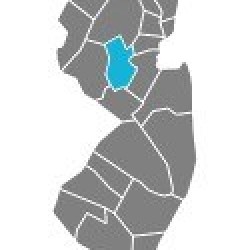
Somerset County
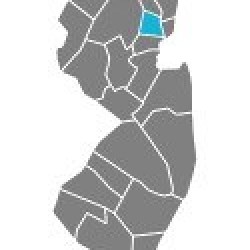
Essex County
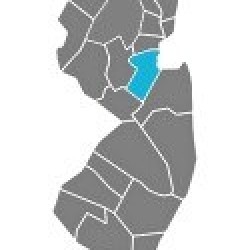
Middlesex County
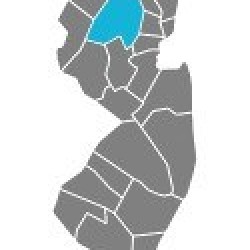
Morris County
Water Heaters
Our plumbers are proficient in the repair of all brands of water heaters. If you prefer your cold showers to be optional, rely on Jersey Plumbing Service to get you back to comfort, quickly and affordably. If your water heater has reached the end of its time (usually between age 8 and 12), We will guide you to the best solution for your family, home and energy needs. Need on demand hot water? Ask about tankless systems.
Types of Water Heaters
Conventional Storage Tank Water Heaters
The most common of water heaters, these consist of an insulated tank where water is heated and stored until needed. Natural gas water heaters typically use less energy than electric water heaters but can be significantly more difficult to install, and therefore more expensive at the outset. Most consider the cost to be worth it in the long run, given the energy savings of natural gas over electric.
Tankless, On-Demand Water Heaters
These heaters prevent the ever-dreaded surprise cold shower. Rather than storing water, tankless heaters use water filled coils to heat water quickly, as needed. Because the water is only being heated on demand, these are more energy efficient than a storage tank model. These units can be sized to provide a continuous flow of got water and are great for large families. These units work best with natural gas. Initial installation can be very expensive. Electric units may require an upgrade to the electric in the house, and natural gas may require a retrofitted larger diameter line. These units also need to be descaled regularly to maintain proper function.
Condensing Water Heaters
Condensing water heaters are a more efficient version of the standard tank water heaters. They capture the hot exhaust gases that normally go out the flue, blowing them through a coil in the base of the unit where incoming cold water can absorb the heat.
Heat Pump Water Heaters
These hybrid water heaters capture heat from the air or ground and transfer it to the water. They use about 60 percent less energy than standard electric water heaters. Heat pump water heaters don't work well in very cold spaces, and because the heat pump is on top, a hybrid unit may need as much as a 7-foot clearance from floor to ceiling.
Recommended Water Heater Brands
Boilers
Whether you have a Steam Boiler, Hot Water Boiler with Radiant or Baseboard heat distribution, Jersey Plumbing can get you out of the cold and back to comfort. Our Plumbers are proficient in the repair and installation of all brands and styles of boiler heating systems. From basic maintenance and repair, to complete system replacements, Jersey Plumbing is a name you can trust.
Types of Boilers
Condensing Boilers
Condensing boilers are more efficient than their non-condensing counterparts. They use waste heat to preheat cold water entering the boiler. They concentrate the water vapor produced in the heating process.
Non-Condensing Boilers
Less efficient than condensing boilers, non-condensing boilers average between 80 percent and 88 percent efficiency. They tend to operate at higher temperatures, though some of that heat is vented outside rather than condensed and reused.
Sealed Combustion Boilers
Sealed combustion boilers bring outside air into the burner and direct exhaust gases outside without introducing potentially dangerous gases into the home. They are also less wasteful than non-sealed combustion boilers.
Non-Sealed Combustion Boilers
Non-sealed combustion boilers draw already heated air in from the house and send it up the chimney, wasting the energy used to heat the air.
Gas Fired Boilers
Either natural gas or propane go into these highly efficient boilers. Unfortunately, natural gas is not available everywhere, and propane, while available throughout the US, is typically more expensive than natural gas.
Oil-Fired Boilers
Oil-fired boilers are less efficient than gas boilers but are often the favored alternative for those who have no access to natural gas. They require a large fuel tank and regular oil deliveries - the price of which will vary as oil prices fluctuate. Some people choose to use models that allow for biodiesel fuel use, which produces less pollution, burns cleaner, and requires less maintenance than regular-oil boilers.
Electric Boilers
Electricity can be expensive in many parts of the country, making the highly efficient electric boilers less attractive to many homeowners than natural gas or oil boilers.
Recommended Boiler Brands
Different Modes of Heat Distribution
Steam Radiators
There are a great number of older homes in our part of the world, and with them are one of the oldest heating technologies. Upright metal steam radiators along walls in the home can provide consistent, comfortable heat. They require simple maintenance to work properly.
Hot Water Radiators
Hot water radiators can be either upright or baseboard. They can reduce your energy footprint as the allow you for multiple automatic valves or thermostats for more control over your indoor climate. The most common problem with hot water radiators is unwanted air in the system.
Hydronic Radiant Floor Heating
These systems include tubing under the floors which act as a giant radiator. They can be used for a whole house but are often used for a single area or zone. They are more efficient than baseboard heating and forced air heat and use little electricity. However, they are more expensive to install and repair.
